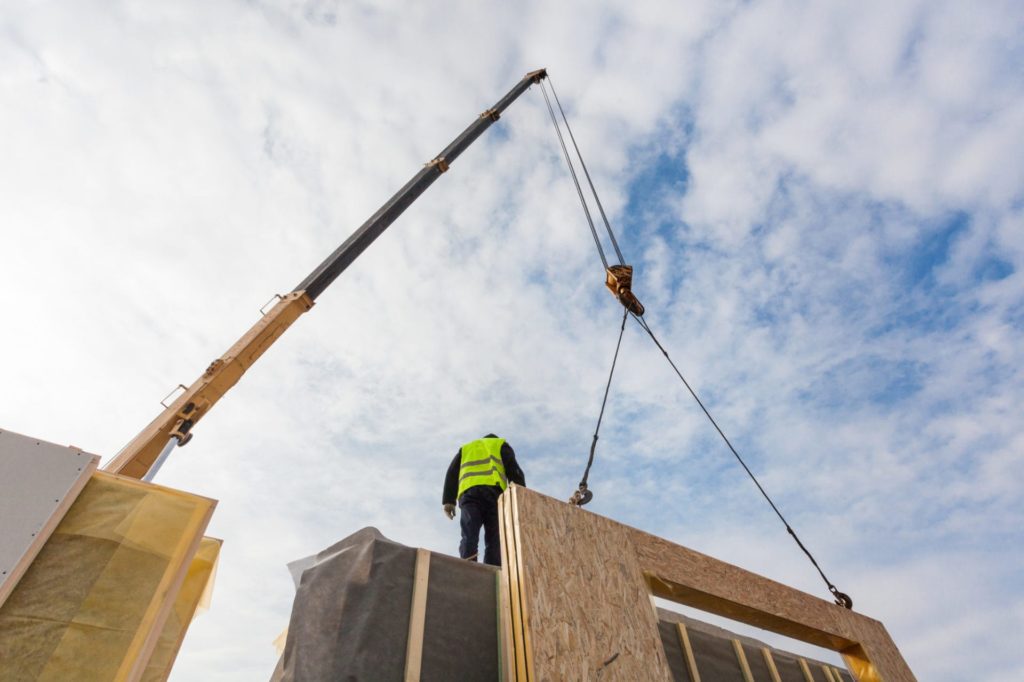
Can you sue Building Control if they fail to spot defective work?
If you carry out building work to a property it is likely that you will be required to comply with building regulations requirements. The purpose of the building regulations is primarily to ensure the health and safety of people who occupy or use the building although increasingly they are also being used to impose minimum standards of energy efficiency.
The building regulations regime is implemented either by the local authority building control department, approved private sector inspectors or self-certified contractors. A person who intends to carry out work which requires building regulations approval will have to apply by lodging plans with the relevant inspector or by submitting notice of an intention to carry out work. The building control officer will then inspect the work as it progresses and will sign it off once complete.
One question that often arises is whether the local authority can be liable for any defects in the building work that they fail to identify during site inspections.
This was the issue that arose in the recent case of "R (Gresty and another) v Knowsley Metropolitan Borough Council" [2012]. In this case the owners of a property in Liverpool engaged a contractor to build an extension. They submitted plans to the local council for building regulations approval. The plans were approved and the local building control officer inspected the works as they progressed.
Unfortunately for the homeowners the work was defective and required considerable remedial work. They sued their builder but were unable to recover any money from him due to his financial circumstances. They therefore made a claim against the council alleging that their inspector had failed to perform his building control functions properly by not identifying the defects. The council denied liability on the basis that they had no contract with the owners of the property and had no duty of care to the owners when carrying out their building control function. The owners tried to argue that the European Convention on Human Rights imposed a duty on the council to protect their home and ensure that the work was not defective. However, this argument was rejected by the court who said that there was not duty on the council.
It may seem unfair that the local authority cannot be sued for failing to identify defects in work which their building control officers have inspected. However, it reinforces the need for property owners to make sure that they have adequate protection in place should building work prove to be defective. This can include asking the builder to provide a bond or insurance backed guarantee for the work that they do, retaining part of the agreed price for a period after completion of the work or obtaining direct warranties from any sub-contractors.





